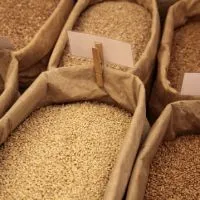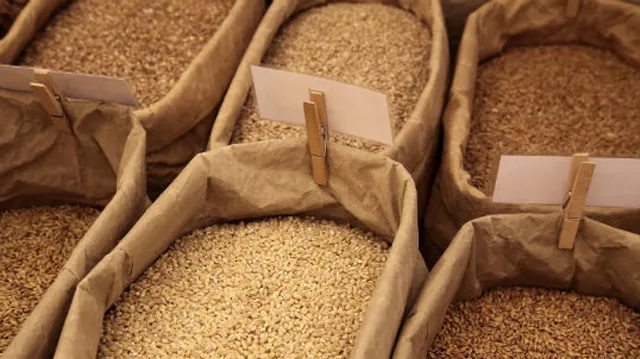Everything is better when bought in bulk, right? The answer to that question is no. For truly smart shoppers, there are two categories of importance when it comes to buying in bulk: “Do” and “Don’t.”
“Do”
Gift cards
Gift cards are excellent gift ideas for people that are hard to shop for, but even if you just use them for yourself, these are often a good buy in bulk. Deals can be had on theater admission, restaurant dining, coffee shops, and music downloads.
Often you can find yourself purchasing $100 worth of gift cards for a price tag between $80-95. It is definitely worth a second look as you walk past on your way to the checkout line.
Butter and nuts
For people who love to bake, it only makes sense to stock up on items like butter and nuts when they are available in bulk. Individually from the local grocery store, these are both likely to be twice as expensive per unit, compared to buying them in bulk from a warehouse club.
In the local supermarket, butter can run upwards of $5 a pound, compared to around $2.60 a pound when bought in a bulk of four pounds or more at a warehouse club. Same with nuts, which average $.90 per ounce in the local grocery store, and could be more affordably priced at $.40 an ounce if bought in bulk.
While these items are both perishable, they can be stored in your freezer for later use.
Batteries
The only exception to this rule is rechargeable batteries. They tend to lose a little percent of their charge every day, so these are a better buy on an as needed basis. However, alkaline batteries (such as AA, AAA, C, and D) have a very good shelf life of up to 10 years when kept in storage.
Even better are lithium batteries, popularly used in many consumer electronic gadgets: they have an excellent storage life of up to 15 years when stored at room temperature.
“Don’t”
Spices

The exception would be if you split the amount among friends so that everyone has a smaller price and portion.
Personal care products
When it comes to items like soaps and shampoos, you are usually better off not buying them in bulk. The prices for these items is likely to be more expensive than individually packaged products at the local supermarket, which frequently discount these items to draw customers into the store.
Also, warehouse clubs won’t let you use coupons, whereas, the local grocery store will. Sometimes you can double up on coupons by using a manufacturer’s coupon from off the internet along with a local store coupon or discount.
Plus, buying high-quality, organic personal care products – or making your own – is a healthier choice for your body, anyway.
-The Alternative Daily
Sources:
http://www.huffingtonpost.com/2014/09/12/worth-buying-in-bulk-never-buy-in-bulk_n_5767986.html
http://consumerist.com/2014/03/05/how-to-not-suck-at-buying-in-bulk
http://www.forbes.com/sites/lauraheller/2011/06/15/what-not-to-buy-in-bulk

